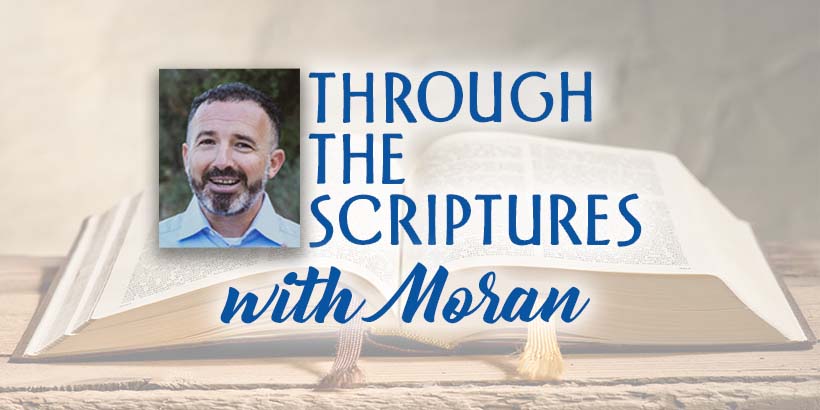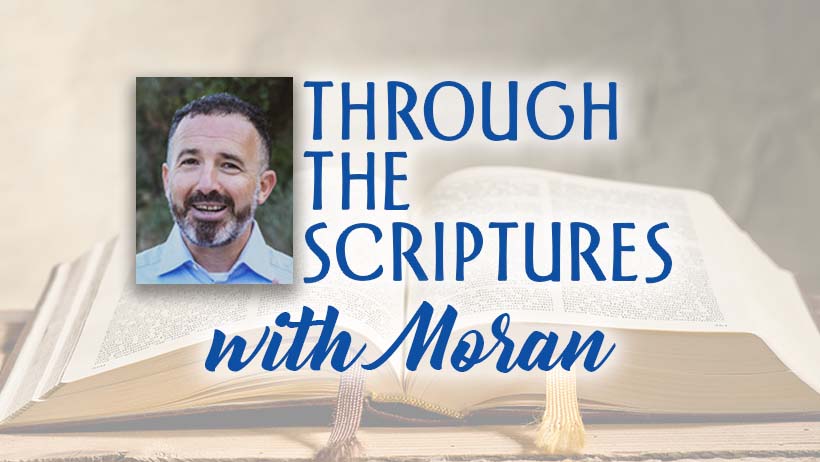
Parashat Ki Teitzei (When You Go Out)
D’varim (Deuteronomy) 21:10-25:19
Haftarah: Isaiah 54:1-10
In this week’s portion, Ki Teitzei, we find more of God’s commands than in any other Torah portion. They touch nearly every aspect of life: war, marriage, business, justice in the courts, care for the widow and orphan, protection for the poor. It is as if God is teaching Israel that His covenant must permeate everything, not only the “big moments,” but the daily decisions that shape the heart of a society.
Covenant lives in ordinary choices, not only in “big moments”. We see this in the first verse of chapter 22:
You shall not see your brother’s animal straying and ignore it; you shall surely return it. Deuteronomy 22:1
At the heart of this reading is the pursuit of justice. We are called to live in a way that defends the vulnerable, restrains power, and reflects God’s holiness in the midst of a broken world. Yet as I read through these many precepts, I cannot help but recognize how fragile our human attempts at justice are. Even when we do our best, justice without mercy and grace quickly becomes harsh and lifeless. And mercy and grace without justice can easily become weakness or compromise.
Micah holds both together in one breath:
What does the LORD require of you but to do justice, to love hesed (grace), and to walk humbly with your God.
Mic 6:8
That is where the Haftarah, Isaiah 54:1–10, speaks so powerfully. After chapters of judgment and discipline, God speaks words of deep comfort to Israel:
“For the mountains may depart and the hills be removed, but My grace shall not depart from you, nor shall My covenant of peace be removed,” says the Lord, who has compassion on you.
This is not sentiment; it is covenant love that refuses to let go, the ground of both justice and mercy.
Here, God reminds Israel, and us, that true justice, mercy, and grace can only flow out of His covenant love. He does not abandon His people. Even when we fail, even when we stumble under the weight of our own sin, His grace surrounds us. His justice is not about crushing us, but about restoring us.
Ki Teitzei ends with a command to remember Amalek (Deut 25:17–19). Memory is part of justice; we must refuse to normalize evil.
The Torah portion commands us to act with justice. The prophet Isaiah reveals the heart behind it: the God of compassion who binds Himself to His people with unbreakable love. Together they show us a fuller picture: without God, there is no lasting justice, and without His mercy and grace, there is no true peace.
As we look around our world today, filled with injustice, violence, and distorted definitions of “mercy” that are really excuses for evil, we must remember this balance. Our calling is to live justly, defend the oppressed, and confront wickedness, but always with hearts anchored in God’s mercy and grace. Only then can we reflect His truth in a world desperate for justice, compassion, and grace.
Shabbat Shalom,
Moran


One Comment on “Covenant in Everyday Life”
A difficult balance sometimes. Sometimes defending one’s family from threats and keeping them safe from becoming victims of violence entails serious measures against one’s enemies. Sometimes it is impossible to love both one’s enemies AND one’s neighbor. Sometimes one must choose because a threat makes both impossible. Israel is in that exact position right now. I don’t understand how so much of the world can’t see the situation realistically.
I pray for the peace of Yerushalayim.
One day, from the river (of Egypt) to the river (the great river Euphrates), Israel will be free.